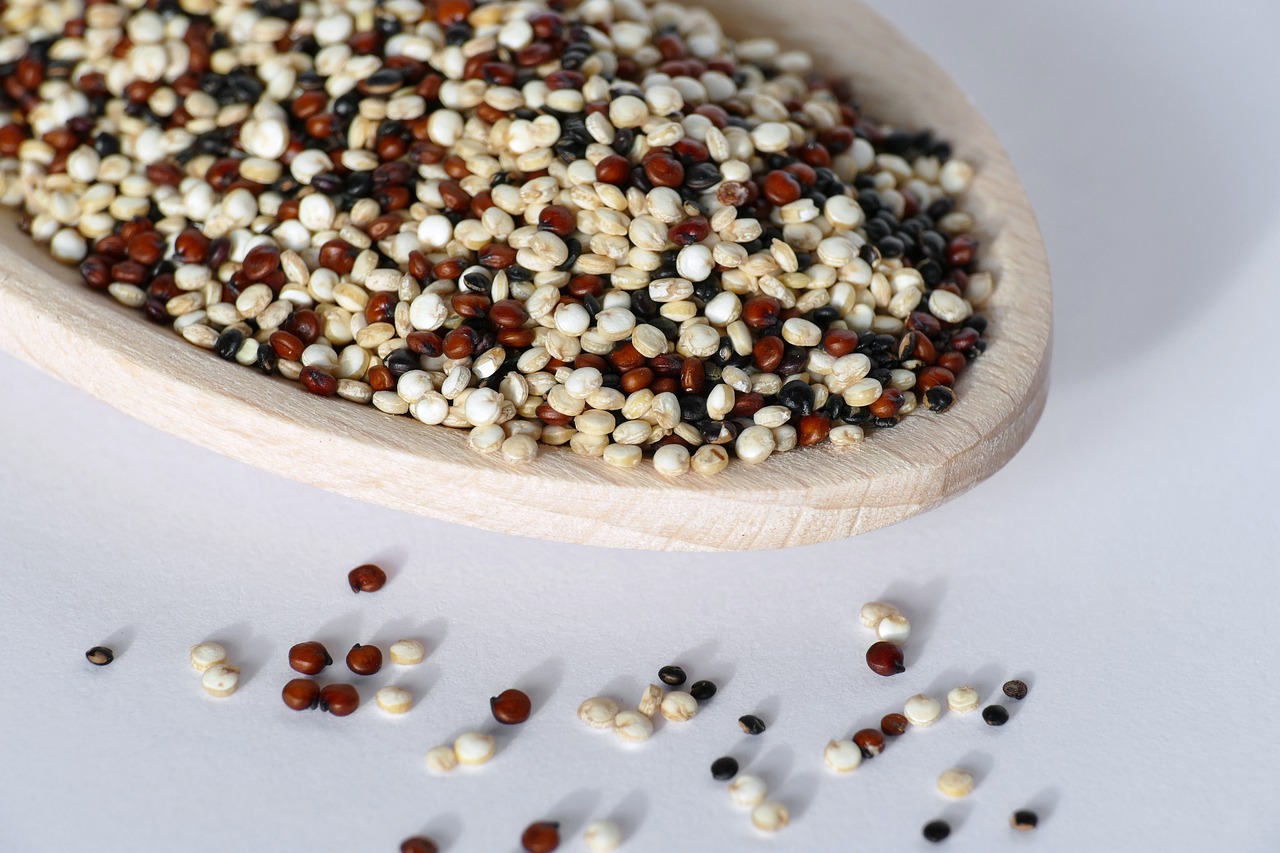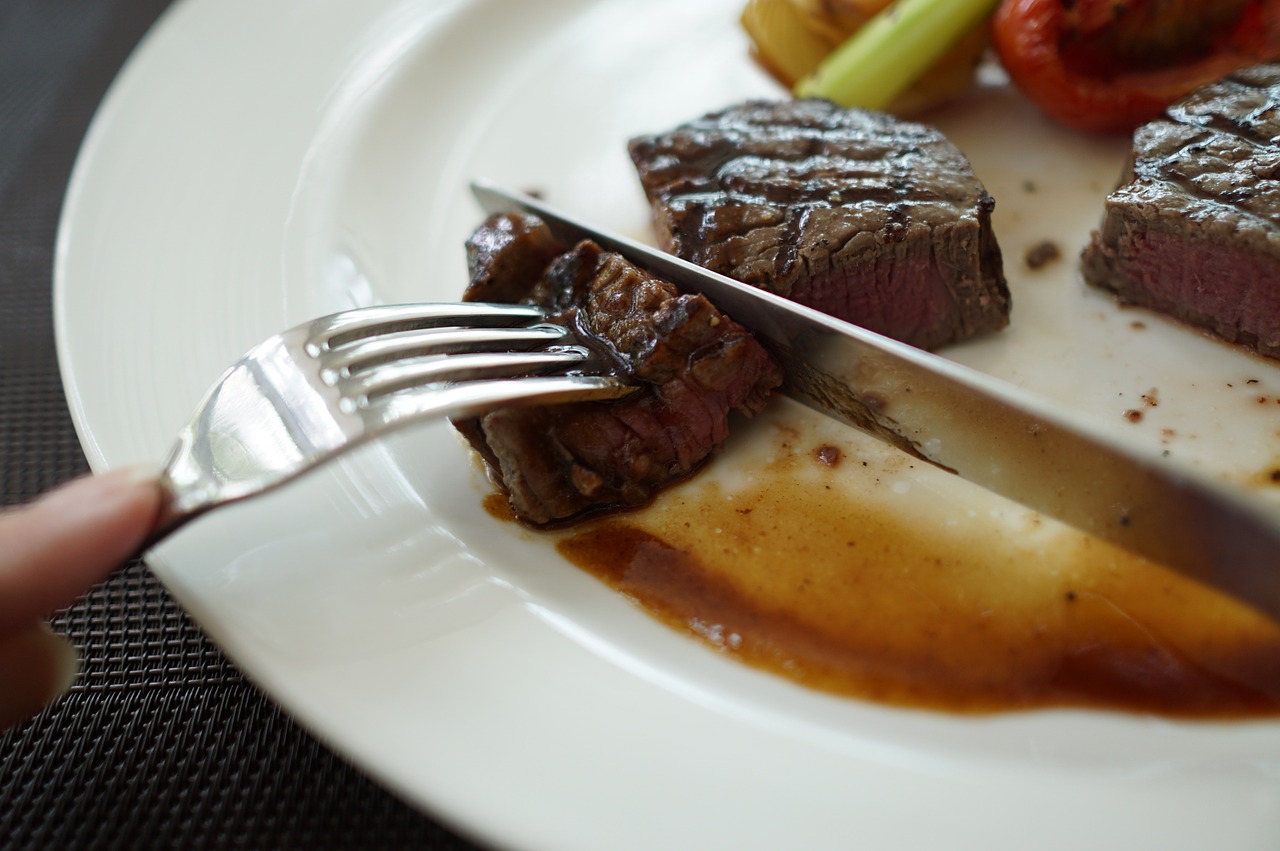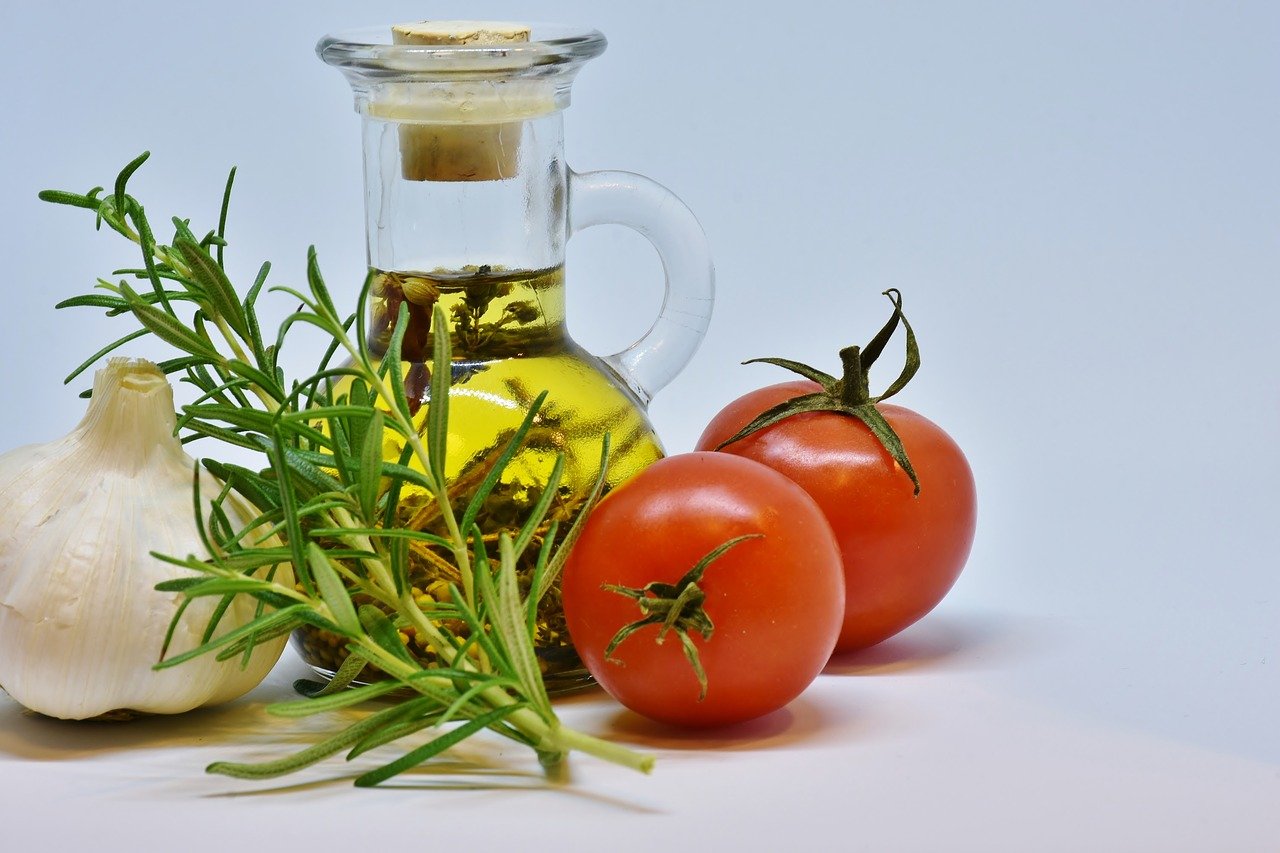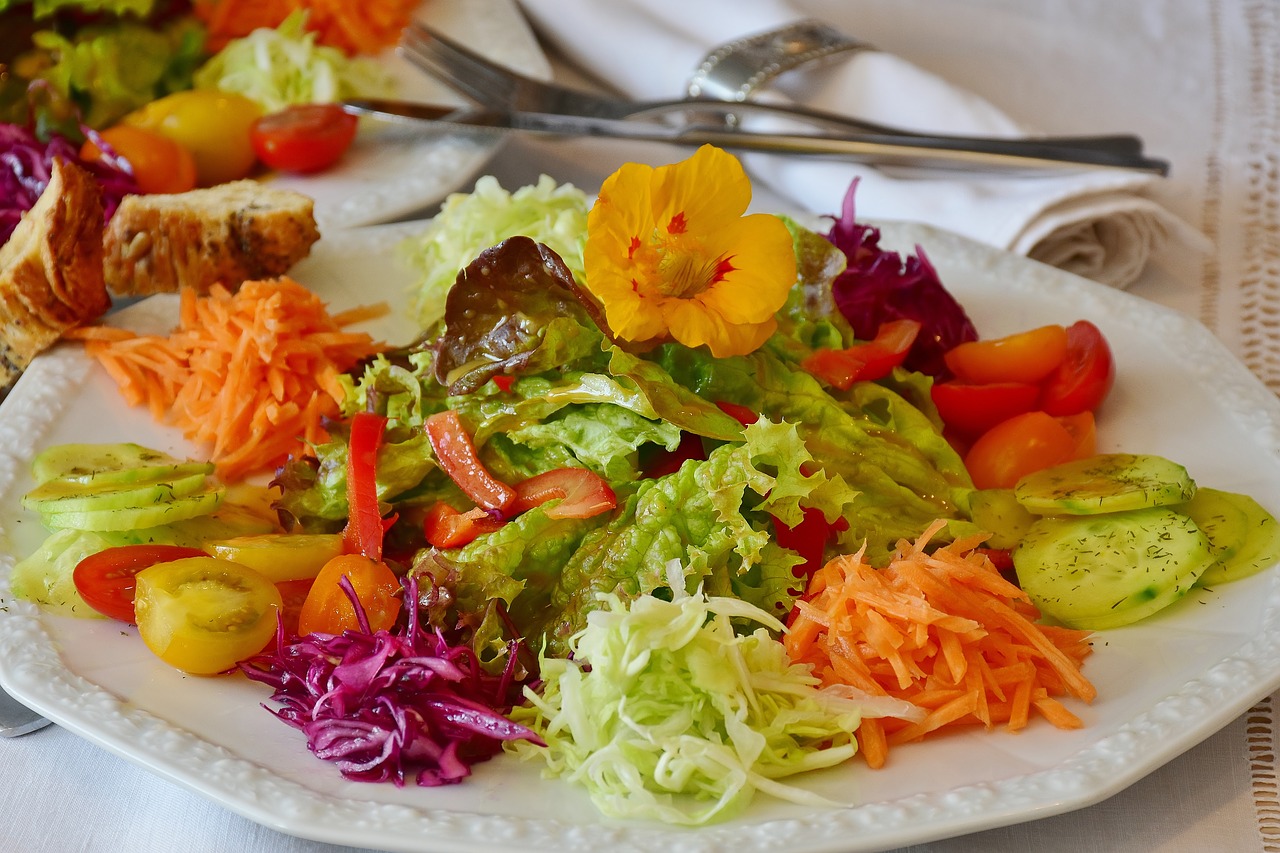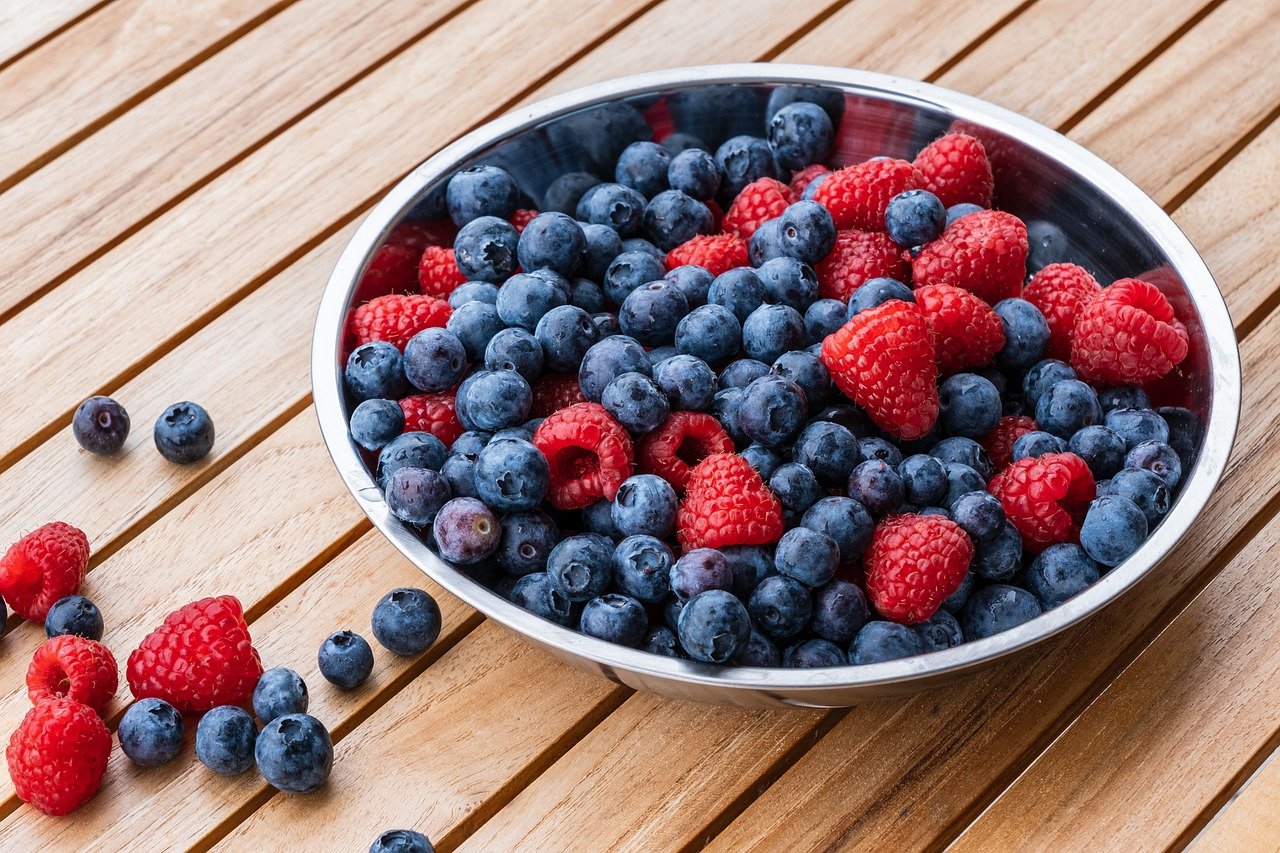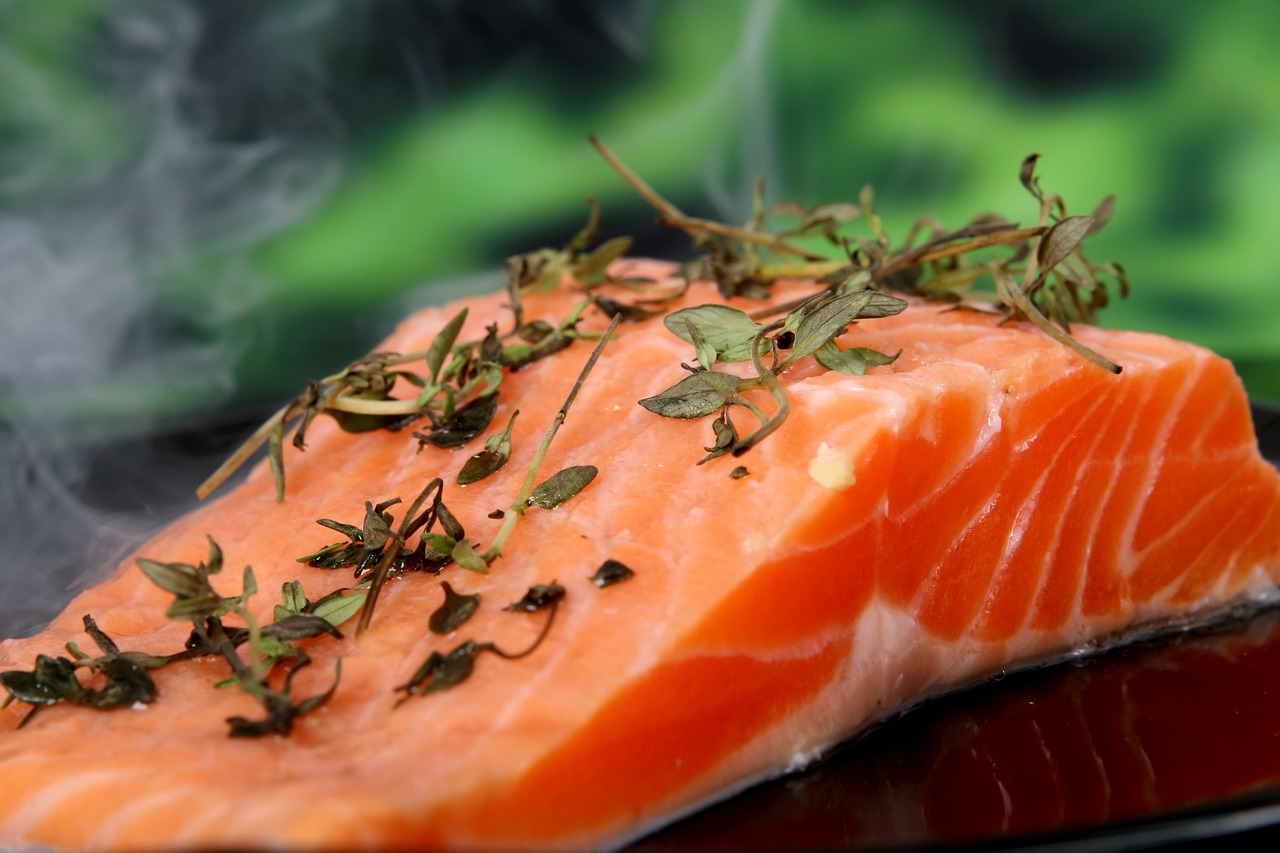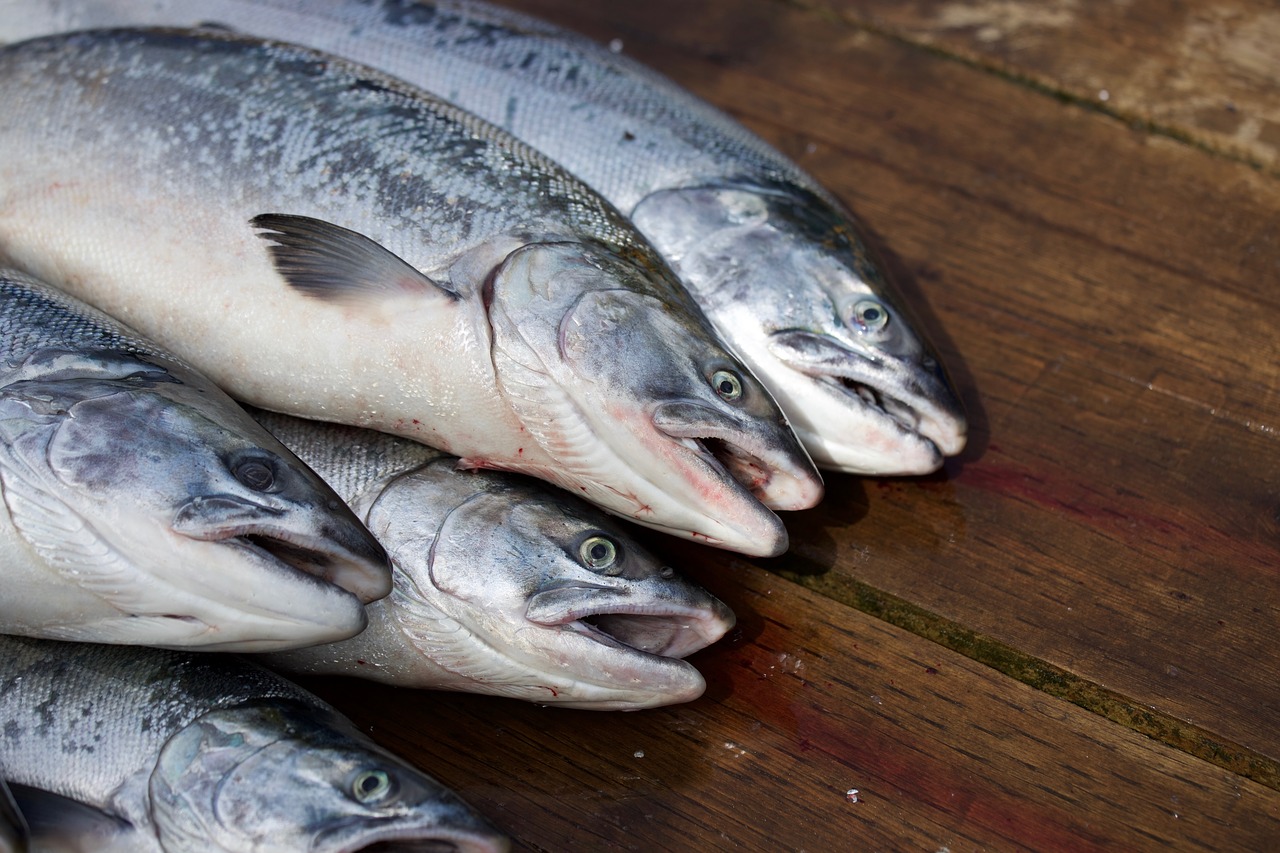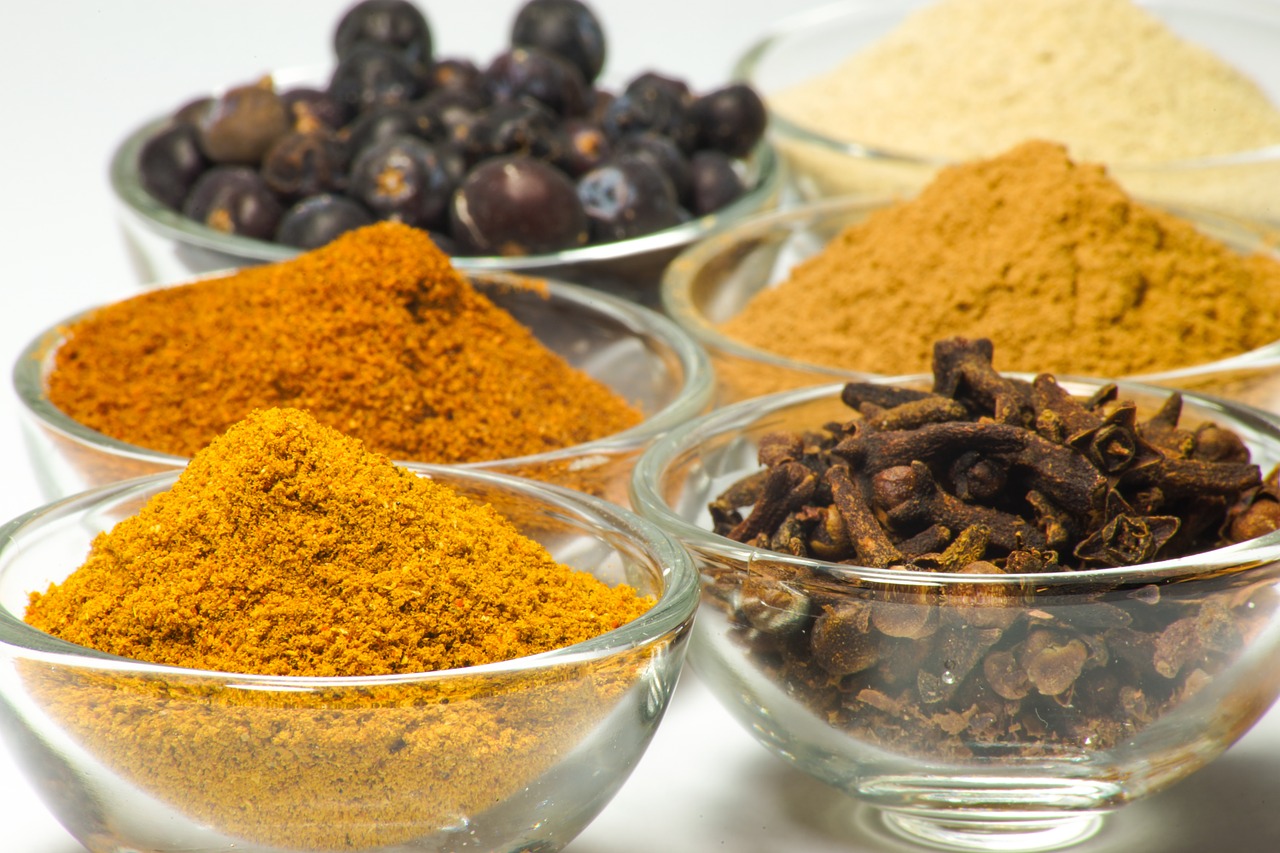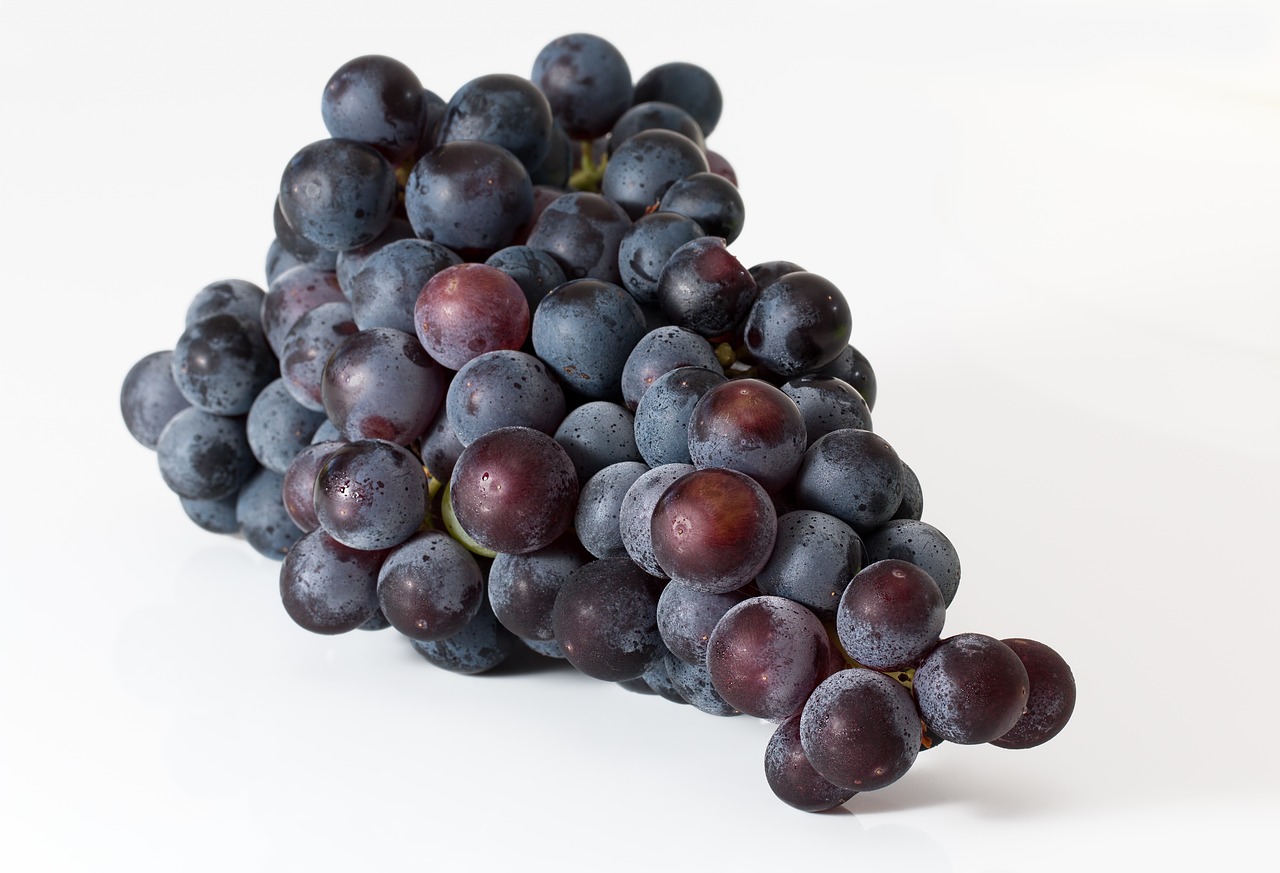Beverages
Beverages and Alzheimer's
There are many foods, spices and beverages that have been shown to have positive effects on cognition, MCI and Alzheimer’s. Juice will be left out of this discussion since juice is basically ground up fruits or vegetables which will be discussed in the section titled specific foods. For this section, let’s start with wine and alcohol since that is something most people are curious about. After that we’ll discuss the effect tea and coffee on Alzheimer’s disease.
Wine, Alcohol and Alzheimer's
I think most of us have heard of the health benefits of moderate alcohol, especially when it comes to wine. It is true that for most people a moderate amount of wine or alcohol will have positive effects. Unfortunately, all the available data looking specifically at ApoeE4 and alcohol suggest that any alcohol is extremely detrimental.
Studies Investigating the Effect of Wine and Alcohol on Apoe4 Carriers
One study looking at the 1018 randomly selected people in Finland found that moderate alcohol consumption had positive effects on mild cognitive impairment for all Apoe genotypes except for Apoe4 carriers. In the study they broke up alcohol consumption into three groups: never drinkers, people who drank infrequently which they defined as less than once per month and people that drank frequently which was defined as more than once per month. What they found was very interesting. For Apoe4 carriers that never drink, the risk of dementia was the second lowest of all the groups. The only group that had a lower risk for dementia was non-Apoe4 carriers who drank infrequently. In fact, Apoe4 carriers who never drink had a lower risk of dementia than Apoe4 non-carriers who never drink. Although only an observational study, the implications of those results are huge! If true, it means that the increased risk of Apoe4 can be completely eliminated by never consuming alcohol.1
Unfortunately for Apoe4 carriers that love to drink, the study found that the risk of dementia increases dramatically with increasing alcohol consumption. The researchers found that if Apoe4 carriers drink infrequently they are 4 times more likely to have dementia than Apoe4 carriers than never drink. If Apoe4 carriers drink frequently they are 7.42 times more likely to have dementia than Apoe4 carriers than never drink. I repeat this again because the results are so shocking to me that I think I must repeat it. If the data is correct, an Apoe4 carrier, like me, can simply stop drinking alcohol in order to decrease their risk of Alzheimer’s to nearly the same levels as Apoe4 non-carriers. If this study is to be believed, one can mitigate nearly all of the negative effects of Apoe4 simply by abstaining from alcohol.1
But are the results to be believed? I’m not going to risk my life on one Finnish study and neither should you. However, every study that I’ve seen that investigates alcohol consumption, cognition and APOE4 status found similar results. A study by Downer et al. used the Framingham data to examine the effects of mid and late life alcohol consumption on Apoe4 carriers and found that late life alcohol consumption was associated with a greater decline in learning and memory. The decline in memory and learning was specific to Apoe4 carriers and was not the case with Apoe4 non-carriers which had improved cognition with moderate alcohol consumption. The two studies differed in that the Framingham study found that midlife alcohol consumption does not negatively affect late-life learning in memory in Apoe4 carriers.2
A study conducted in France looked at 1,379 French subjects and also found that increased alcohol consumption was correlated with a decrease in cognition for Apoe4 carriers but not non-carriers. Finally, another study looked on the effect of Alzheimer’s onset age in relation to Apoe4 status and heavy drinking. Heavy drinking was defined as more than two drinks per day. According to the study, heavy drinking combined with Apoe4 decreased Alzheimer’s age onset by 2-3 years. Heavy drinking, Apoe4 and smoking decreased Alzheimer’s onset age by 10 years.3,4
Even though alcohol in general appears to increase the risk of Alzheimer’s for Apoe4 carriers, there may be one type of alcohol that is beneficial. Red wine. A study conducted in 2018 differentiated between red wine and white wine. They found that higher white wine consumption increased Alzheimer’s risk for Apoe4 carriers by 21%. For Apoe4 noncarriers, the opposite occurred, risk for Alzheimer’s was decreased by seven percent. For red wine, there was no difference between Apoe4 carriers and non-carriers, but there was a difference between men and women. Higher red wine consumption decreased the Alzheimer’s risk for men by 18% but increased the risk for women by 15%.5
I know what you are thinking. What about resveratrol? Yes resveratrol is a type of polyphenol and as we know polyphenols are supposed to help fight against Alzheimer’s. However, resveratrol is a bit special and I will discuss resveratrol in detail in the section covering supplements, so keep reading because it may be possible to obtain the benefits of red wine without the added sugar and alcohol which has been shown to have negative effects for Apoe4 carriers.
Tea, Coffee, and Alzheimer's
If you remember, tea was a component of the Nordic Prudent diet which has been shown to be highly protective against Alzheimer’s disease. Green tea is loaded with polyphenols called catechins and black tea has more theaflavins, both of which are within the flavonoid family of polyphenols and both are potent antioxidants.
Studies have shown that tea polyphenols and other tea compounds reduce amyloid beta production, decrease oxidative stress, suppress amyloid beta aggregation, reduce mitochondrial dysfunction and inhibit the hyperphosphorylation of tau. In addition, over a dozen observation studies have also shown the protective effect of tea on cognition. One study from Norway found that daily intake of tea and cognition was dose dependent in a nearly linear fashion, meaning that the more tea someone drinks, the better their cognition.6
Several recent randomized clinical trials have been conducted using tea to combat Alzheimer’s and to improve cognition. Three out of four studies showed improved cognition in elderly people with cognitive dysfunction. The study that didn’t show an improvement in cognition did show a significant reduction in biomarkers for oxidative stress and, as you know, oxidative stress has been hypothesized to cause or contribute to Alzheimer’s disease.7
However, one study examined mid-life tea and coffee drinking and found that midlife coffee drinkers who had 3-5 cups per day decrease the risk of Alzheimer’s by 63%. The researchers found no association with mid-life tea drinking and Alzheimer’s risk. Although this might sound great to coffee addicts, the data on coffee is not completely clear. A meta-analysis of five studies showed that there was no correlation between coffee consumption and Alzheimer’s disease. However, an in vitro study has shown that coffee extract can inhibit amyloid beta aggregation and tau fibrillization and that this effect was caused by a polyphenol called phenylindane. So, unfortunately the jury is still out on coffee.8,9,10
Coffee has also been shown to increase the very important protein called BDNF (brain-derived neurotrophic factor) which promotes healthy neurons and plays a critical role in learning, memory and behavior. BDNF levels have been shown to be decreased in Alzheimer’s patients. However, one study using whole coffee fruit concentrate powder increased serum levels of BDNF by 143% within 120 minutes.11
Obviously both coffee and tea contain caffeine which is a neurological stimulant, but caffeine can also restrict cerebral blood flow. Caffeine has also been shown in vivo to reduce amyloid beta and prevent cognitive decline. In humans, we don’t know what the effects are but a randomized clinical trial is going on right now testing caffeine on early Alzheimer’s patients, so we will know eventually. The data should be available in 2023.12,13,14,15
Alzheimer's Diet and Nutrition Sections
Beverages and Alzheimer's References on this Page:
- Downer B, Zanjani F, Fardo DW. The relationship between midlife and late life alcohol consumption, APOE e4 and the decline in learning and memory among older adults. Alcohol Alcohol. 2014 Jan-Feb;49(1):17-22. doi: 10.1093/alcalc/agt144. Epub 2013 Sep 18. PMID: 24049153; PMCID: PMC3865814.
- Dufouil C, Tzourio C, Brayne C, Berr C, Amouyel P, Alpérovitch A. Influence of apolipoprotein E genotype on the risk of cognitive deterioration in moderate drinkers and smokers. Epidemiology. 2000 May;11(3):280-4. doi: 10.1097/00001648-200005000-00009. PMID: 10784244.
- Harwood DG, Kalechstein A, Barker WW, Strauman S, St George-Hyslop P, Iglesias C, Loewenstein D, Duara R. The effect of alcohol and tobacco consumption, and apolipoprotein E genotype, on the age of onset in Alzheimer’s disease. Int J Geriatr Psychiatry. 2010 May;25(5):511-8. doi: 10.1002/gps.2372. PMID: 19750560.
- Fischer K, Melo van Lent D, Wolfsgruber S, Weinhold L, Kleineidam L, Bickel H, Scherer M, Eisele M, van den Bussche H, Wiese B, König HH, Weyerer S, Pentzek M, Röhr S, Maier W, Jessen F, Schmid M, Riedel-Heller SG, Wagner M. Prospective Associations between Single Foods, Alzheimer’s Dementia and Memory Decline in the Elderly. Nutrients. 2018 Jun 29;10(7):852. doi: 10.3390/nu10070852. PMID: 29966314; PMCID: PMC6073331.
- Polito CA, Cai ZY, Shi YL, Li XM, Yang R, Shi M, Li QS, Ma SC, Xiang LP, Wang KR, Ye JH, Lu JL, Zheng XQ, Liang YR. Association of Tea Consumption with Risk of Alzheimer’s Disease and Anti-Beta-Amyloid Effects of Tea. Nutrients. 2018 May 22;10(5):655. doi: 10.3390/nu10050655. PMID: 29789466; PMCID: PMC5986534.
- Ide K, Matsuoka N, Yamada H, Furushima D, Kawakami K. Effects of Tea Catechins on Alzheimer’s Disease: Recent Updates and Perspectives. Molecules. 2018 Sep 14;23(9):2357. doi: 10.3390/molecules23092357. PMID: 30223480; PMCID: PMC6225145.
- Eskelinen MH, Ngandu T, Tuomilehto J, Soininen H, Kivipelto M. Midlife coffee and tea drinking and the risk of late-life dementia: a population-based CAIDE study. J Alzheimers Dis. 2009;16(1):85-91. doi: 10.3233/JAD-2009-0920. PMID: 19158424.
- Larsson SC, Orsini N. Coffee Consumption and Risk of Dementia and Alzheimer’s Disease: A Dose-Response Meta-Analysis of Prospective Studies. Nutrients. 2018 Oct 14;10(10):1501. doi: 10.3390/nu10101501. PMID: 30322179; PMCID: PMC6213481.
- Mancini RS, Wang Y, Weaver DF. Phenylindanes in Brewed Coffee Inhibit Amyloid-Beta and Tau Aggregation. Front Neurosci. 2018 Oct 12;12:735. doi: 10.3389/fnins.2018.00735. PMID: 30369868; PMCID: PMC6194148.
- Ng TKS, Ho CSH, Tam WWS, Kua EH, Ho RC. Decreased Serum Brain-Derived Neurotrophic Factor (BDNF) Levels in Patients with Alzheimer’s Disease (AD): A Systematic Review and Meta-Analysis. Int J Mol Sci. 2019 Jan 10;20(2):257. doi: 10.3390/ijms20020257. PMID: 30634650; PMCID: PMC6358753.
- Addicott MA, Yang LL, Peiffer AM, Burnett LR, Burdette JH, Chen MY, Hayasaka S, Kraft RA, Maldjian JA, Laurienti PJ. The effect of daily caffeine use on cerebral blood flow: How much caffeine can we tolerate? Hum Brain Mapp. 2009 Oct;30(10):3102-14. doi: 10.1002/hbm.20732. PMID: 19219847; PMCID: PMC2748160.
- Arendash GW, Mori T, Cao C, Mamcarz M, Runfeldt M, Dickson A, Rezai-Zadeh K, Tane J, Citron BA, Lin X, Echeverria V, Potter H. Caffeine reverses cognitive impairment and decreases brain amyloid-beta levels in aged Alzheimer’s disease mice. J Alzheimers Dis. 2009;17(3):661-80. doi: 10.3233/JAD-2009-1087. PMID: 19581722.
- Arendash GW, Schleif W, Rezai-Zadeh K, Jackson EK, Zacharia LC, Cracchiolo JR, Shippy D, Tan J. Caffeine protects Alzheimer’s mice against cognitive impairment and reduces brain beta-amyloid production. Neuroscience. 2006 Nov 3;142(4):941-52. doi: 10.1016/j.neuroscience.2006.07.021. Epub 2006 Aug 28. PMID: 16938404.
- https://clinicaltrials.gov/ct2/show/NCT045700
Back to Diet and Alzheimer's:
Determine which diet and nutrition plan is best for you based on your Apoe status and subtype.

